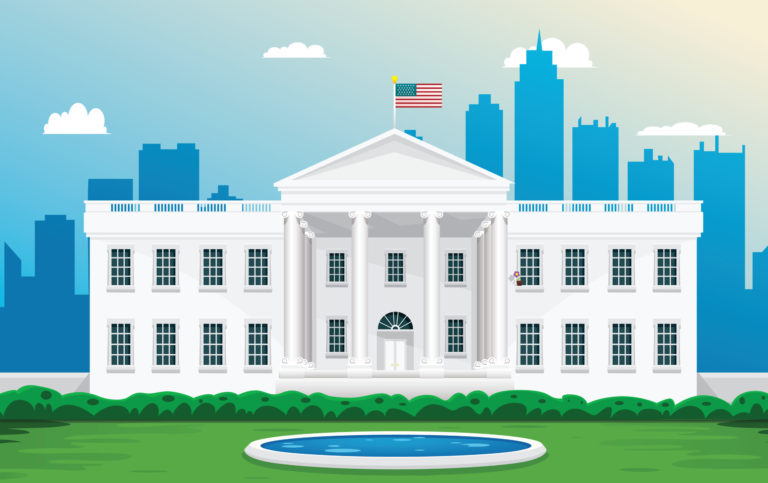The 20th of January 2021 marked the inauguration of Joe Biden as the 46th President of the United States. This came at a unique moment for the UK, as it has left the European Union and now seeks a new place for itself in the world as a ‘Global Britain’. Considering this, it is interesting to examine what impact the Biden administration will have on UK policy.
Joe Biden’s arrival in the White House signifies a return to traditional US domestic and foreign policy, and there are many areas in which the Biden administration and the UK government are likely to cooperate. On matters of foreign policy, the UK and the US can be expected to align on issues including nuclear non-proliferation, Chinese and Russian aggression, and the promotion of the rules-based international order. Significantly, these policies will result in a more stable international environment and will enable the UK to focus on important domestic issues.
Climate change is one subject where the Biden administration and the UK government are very aligned. Ahead of the COP26 conference in November, Boris Johnson has made his commitment to backing renewable energy and tackling the climate crisis clear. Likewise, Biden has demonstrated his commitment to addressing the climate issue by pledging $2trillion for clean energy to shift the country to carbon-free electricity by 2035 and by re-joining the Paris Climate agreement.
With the US pursuing environmentally friendly policies, Johnson’s government may now find it easier to push forward its green agenda internationally. The UK can be ambitious in attempting to galvanise countries across the world to enact effective climate policies knowing that it has the backing of the US. The UK may even be more emboldened to challenge other powerful countries that have high carbon footprints, such as China and India.
Another key policy area to consider is the regulation of technology companies, which has been a controversial issue for some time now both in the UK and the US. The UK government started to address the issues around online harms and safety with a consultation that launched in 2019 and they are expected to introduce legislation (Online Safety Bill) this year. This will require big tech companies to regulate and remove harmful online content from their respective platforms or face fines for failing to do so. The regulator Ofcom will oversee this process, ensuring that relevant companies abide by this legislation.
Tech regulation is also a priority issue for the Biden administration and the Democratic Party more broadly. For example, many Democrats highlight the misinformation that was prevalent online leading up to the 2016 election, and more recently the events at the US Capitol, as evidence of the need for greater controls on technology companies. The Biden administration is expected to be particularly hot on this issue, having already hinted at revising Section 230, a law that does not require sites and services, including newspapers and social media sites, to have responsibility for the content posted by their users. Additionally, Biden’s administration includes prominent Silicon Valley critics that have experience challenging Facebook, Google, and Twitter.
With their broad agreement on this sensitive issue, the two countries are better positioned to negotiate a comprehensive trade deal. In contrast, under Trump’s administration, the US threatened to introduce additional tariffs on the UK if the latter increased taxes on big tech companies, arguing that this would have had a disproportionate effect on US technology companies. This threat demonstrated the sensitive nature of this issue and the importance and influence of the dominant US technology companies on US trade policy.
Global leaders face enormous challenges this year as they deal with the ongoing coronavirus pandemic. Yet, the UK and the US will inevitably find themselves working closely together on global issues, and it seems that there is more that unites the two administrations than divides them. Despite some political differences between Biden and Johnson, the alignment of the UK’s and US’s policies and priorities means that it is in both of their interests to work together. For Johnson’s government, the hope will be that this synergy benefits trade negotiations and the UK’s attempt to influence international events.




